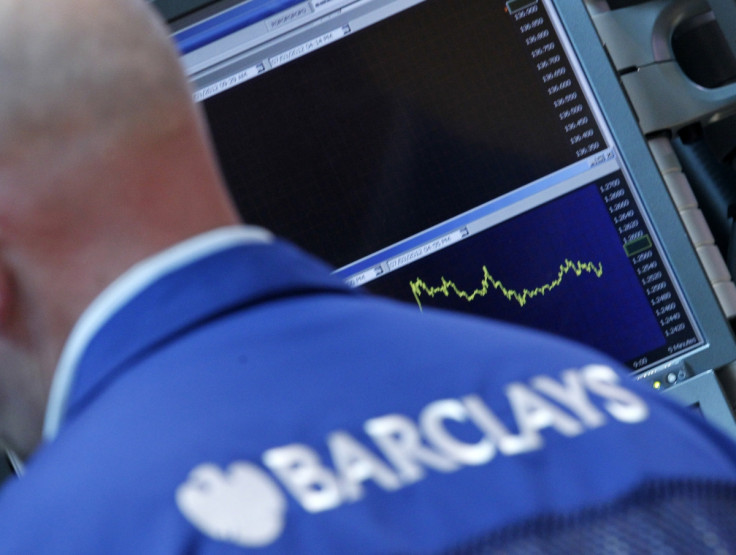US 'Flash Boys' Style Lawsuit Slashes £2.5bn Off Barclays' Stock Value

Barclays' shares may be trading flat one day after a US regulator filed a securities fraud lawsuit against the British bank, but it is not enough to retrace the hefty losses in the stock over the last 24 hours.
The Barclays stock price is hovering around the 215.75p region on 27 June but had plunged by over 6% the previous day, hacking around £2.5bn (€3.1bn, $4.3bn) off the company's value on the news of the lawsuit.
The stock hit a 19-month low on 26 June.
Meanwhile, Barclays boss Antony Jenkins revealed that the bank has started its own investigation into allegations of securities fraud after the New York Attorney General Eric Schneiderman slapped the bank with a lawsuit, which centres around its high frequency trading practices (HFT).
According to a memo sent by Barclays boss Antony Jenkins to staff, the bank is looking into Eric Schneiderman's claims that the bank gained an unfair edge through its HFT practices.
"We are working urgently to understand the situation. We are undertaking a full internal investigation into these allegations, which will report directly to me. To assist us in that we have brought in substantial external resources to ensure that the investigation can proceed at pace and is properly objective. That is critical," said Jenkins in the memo seen by IBTimes UK.
Aspects of the lawsuit resemble trading tactics described in Michael Lewis's book, Flash Boys: A Wall Street Revolt. Lewis claims that with the use of expensive fibre optic lines, high frequency traders are able to get ahead of regular buyers order, allowing them to profit from knowledge of prices in slower feeds.
The US lawsuit centres around claims that Barclays maximised profits by executing a bulk of transactions through HFT and on so-called "dark pools" - trading platforms that do not disclose trade or party details publicly until after the transaction is completed. The practice takes place despite the fact clients could have got a better deal on regular exchanges.
© Copyright IBTimes 2025. All rights reserved.






















